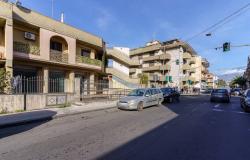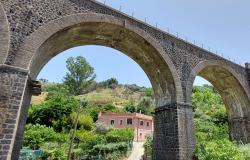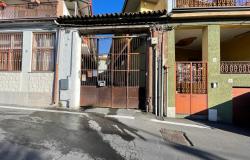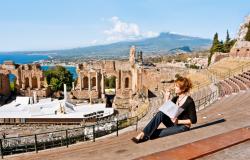(ANSA) - Engineering construction giant Impregilo won a multi-billion-euro contract on Wednesday to build a bridge linking Sicily to the Italian mainland.
The Italian group and its international consortium were named the general contractors for the bridge, which if completed will be the longest suspension bridge in the world.
Impregilo, which beat off a rival bid from the construction group Astaldi, is Italy's leading engineering and general contracting company and was formerly the construction unit of automaker Fiat.
It put together an international consortium which includes Japan's Ishikawajima-Harima Heavy Industries and Spain's Sacyr Vallehermoso. Impregilo is a listed group based in Milan which has built 5,500 kilometres of railway lines, 30,000 kilometres of road, 56 kilometres of bridges and 95 tunnels around the world.
In Italy, the group is the general contractor for a number of high-profile projects including the construction of a high-speed rail line from Milan to Turin and another one from Bologna to Florence. The Messina bridge is one of Europe's most ambitious infrastructure projects.
Construction is set to start early next year and be completed in 2012. The project is the flagship of the centre-right government's programme for improving Italian transport infrastructure. But it has many opponents, including environmentalists and members of the centre-left coalition.
The Communist Refoundation Party presented a draft law last month which would block the construction of the bridge.
"The bridge is the latest cathedral in the desert and as such it should be 'knocked down' even before the first stone is laid," the party said, adding that 5,000 people had signed a petition supporting its draft law.
The party also predicted the bridge would probably never be finished, arguing that it was technically impossible to make a steel bridge able to withstand the high winds the Messina Bridge would be subjected to. It is a mammoth project, expected to cost some 4.6 billion euros. The idea is for the bridge to be financed privately and publicly, with the Italian state chipping in up
to 40%. The entire length of the construction could reach as much as 5,070 metres. It would replace slow local ferry services and is designed to handle 4,500 cars an hour and 200 trains a day.
The plan has drawn criticism for its allegedly damaging impact on the environment and because of fears the Mafia will
become involved in the construction. Opponents also question whether the project is technically feasible in an area prone to earthquakes. All the critics say the money would be better spent on more immediate, less ambitious infrastructure projects.











